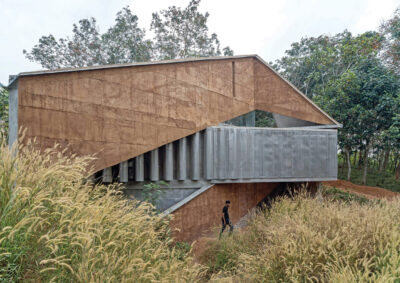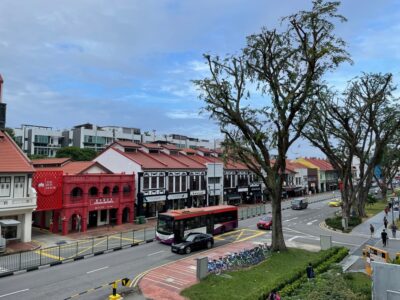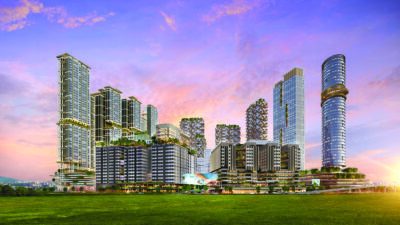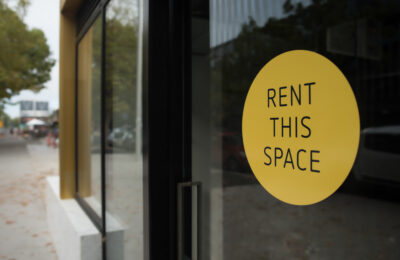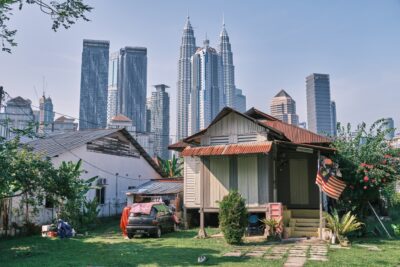News roundup: Environmental compliance for Philippine resorts, and more headlines
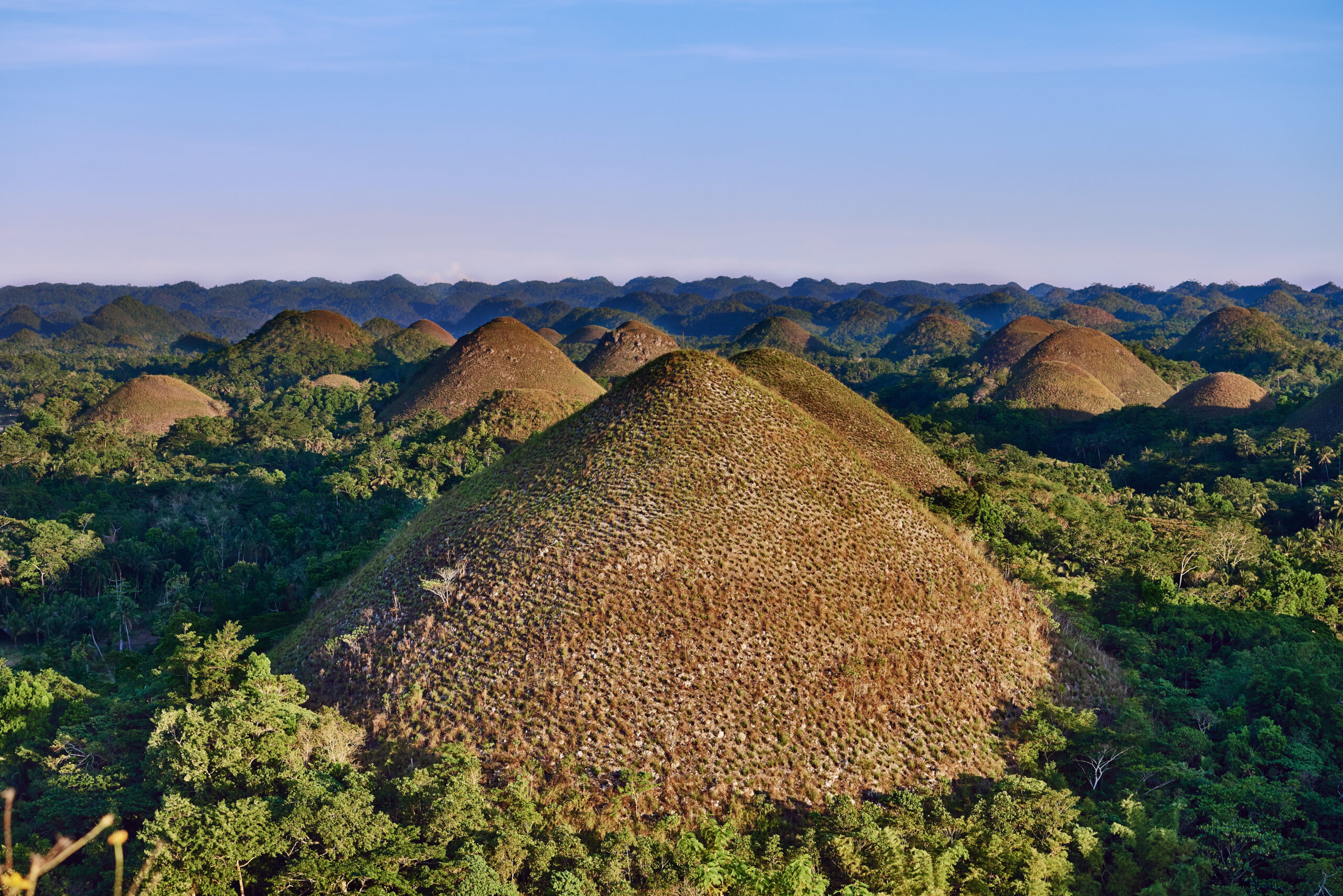
For PropertyGuru’s real estate news roundup, we highlight the crucial role of environmental compliance certificates in developing resorts in the Philippines. In other headlines, Australia’s build-to-rent sector heats up despite difficulties, while a Japanese property investment expert lauds Vietnam’s amended Land Law.
The crucial role of environmental compliance certificates in resort development
Captain’s Peak Garden and Resort in Barangay Libertad Norte in Sagbayan, Bohol, Philippines recently came under fire after it went viral online. People on social media voiced their concerns as the resort disturbs the pristine beauty and may potentially destroy the natural state of Bohol’s Chocolate Hills.
According to the Department of Environment and Natural Resources (DENR), the resort sits within the protected zone of the Chocolate Hills. The iconic hills were declared a protected area in 1997 by the administration of the late President Fidel V. Ramos.
The agency also revealed it had already issued a temporary closure order last 6th September 2023, but the resort continued operating. Apart from the temporary closure order, the DENR said they also issued a Notice of Violation to the Chocolate Hills resort last 22nd January 2024 for operating without an Environmental Compliance Certificate (ECC).
As developers seek to capitalize on scenic landscapes and pristine locations, it becomes imperative to strike a delicate balance between economic growth and environmental conservation. One crucial instrument in achieving this equilibrium is the ECC. An ECC serves as a safeguard against the adverse effects of resort development on the environment.
BluPrint explains why an ECC is indispensable in the construction of structures like resorts in the Philippines.
Australia’s build-to-rent sector rising despite tough times
A mix of low rental vacancy rates, moderate build-to-sell supply levels, and rebounding levels of migration and foreign student arrivals are backing the underlying need for build-to-rent, with the unit pipeline soaring by 89 percent last year, according to real estate firm JLL in realcommercial.com.au.
The sector has been bolstered by recent additions, including the Tarascio family’s Salta unveiling 4,000 apartments in the pipeline. But much of the sector has been hit by delays, with long-mooted sites either still not getting underway or stubbornly high land prices making deals uneconomic.
JLL said that it was harder to kick off new projects in the area at the end of last year, but the pipeline was rising, with nearly 60 percent of apartments in the pipeline in Victoria, followed by 24 percent in Queensland, and just 11 percent in New South Wales.
The firm argued that build-to-rent projects were better placed to deal with rising construction costs than traditional developers, but noted they were still being hit while also dealing with higher bond yields late last year.
But Jack Bergin, JLL’s head of living, capital markets, said the sector outlook remains strong, and as more projects come online, there will be a stronger case for investment.
Land Law boosts Vietnam’s investment appeal: Japanese expert
Koizumi Kenichi, a Japanese real estate investment expert, has praised the amended Land Law that was passed by the Vietnamese National Assembly earlier this year, believing that one specific amendment will be very welcome to foreign companies.
In a report in VietnamPlus, Koizumi highlighted the ambition of numerous companies from Japan, the Republic of Korea, and Taiwan (China) seeking to expand operations in Vietnam. They are mostly small and medium-sized enterprises (SMEs) operating in the apparel and footwear industries that often face difficulties in securing long-term leases for land and factories due to high rental costs.
He said the changes to land ownership rights in Vietnam’s Land Law will incentivise more companies to explore purchasing land and building their facilities instead of incurring rental expenses.
Japanese investors may consider purchasing land directly as corporate entities in the future to ensure their long-term operations, he said.
The Property Report editors wrote this article. For more information, email: [email protected].
Recommended
Meet the vagabond architect behind India’s housing scene
Vinu Daniel is helping to shake up India’s home building setting
Where Asian real estate stands in a fragmented, warmer world
Asia’s real estate industry faces many and varied challenges as external factors continue to bite
6 sights to see in Singapore’s Marine Parade
Handily located Marine Parade has emerged as a vibrant investment choice in the Lion City
There’s a township dedicated to health and wellness in Malaysia
Property seekers have their health needs catered for at KL Wellness City

